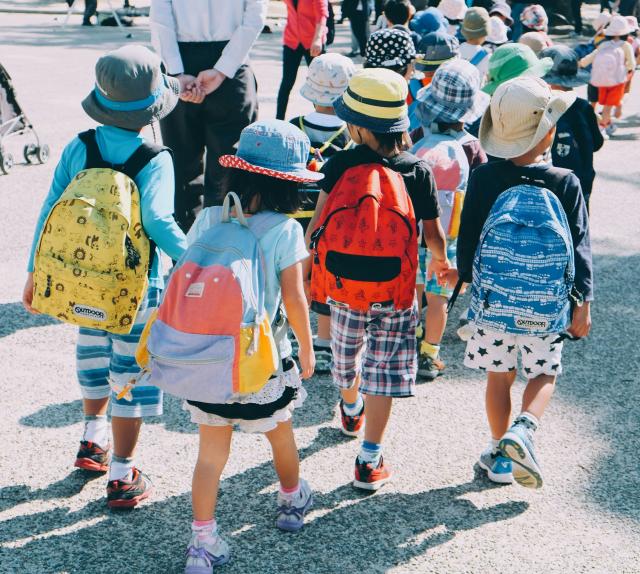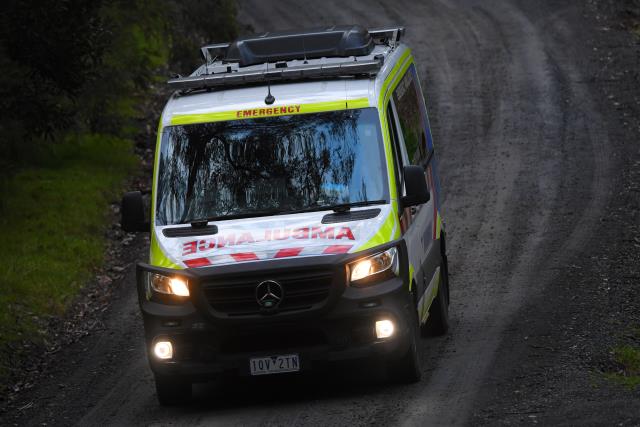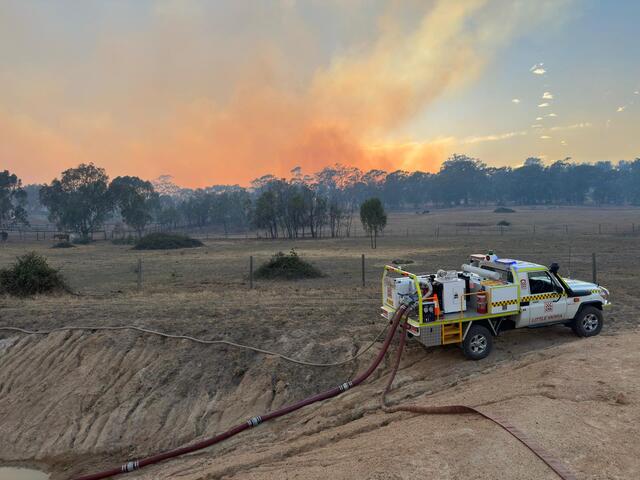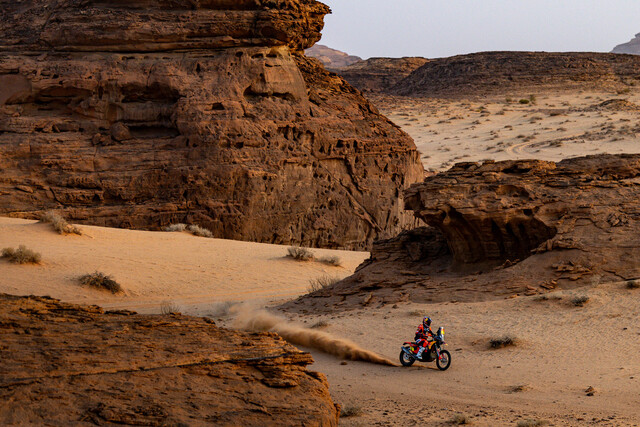By Kath Gannaway
GARRY Lovell is 47 and he has Younger Onset Dementia.
“I write things down … memory aids.” He says that seems to work fairly well for now. “As long as I remember to do it.”
It’s an Alzheimer joke.
And, even in the context of what is for Garry, his wife Mandy and the more than 5000 Victorians with the disease, no joking matter, you have to smile.
“People have known that it typically happens to people in their 70s or 80s but ‘younger’ in this context is before the age of 65,” explains Mandy. She said there were some people diagnosed in their 30s and a lot more in their 40s and 50s – usually where there is a family history of the disease.
Four generations of Garry’s family, including his mother, Jan, and his grandfather, died from the disease having contracted it early in life.
Identification of two of the genes responsible for Familial Alzheimers Disease, the type which runs in Garry’s family, leaves little doubt about his future.
He has those genes, and, short of a medical breakthrough his mental and physical health will deteriorate.
For his grandfather that meant a mental institution. For his mother an aged-care home, surrounded by old people with old ideas and old interests.
The Lovell Foundation, launched on Friday at Yarra Glen aims to ensure a more age-appropriate response for people with YOD in terms of care, but also more awareness of what it means for those who have it, and their family and friends.
It’s a daunting task for the couple who in a number of ways are leading the way, not only in the care factor, but in research.
When Garry’s mother told him “I hope you don’t get this”, he says he needed to know. It wasn’t an easy decision, but it is one neither he, nor Mandy regrets.
Research had identified the genes by the time Mrs Lovell had died in 2001 and an autopsy confirmed its presence.
“I thought it was good for research, and hopefully for finding something that could slow it down, or even stop it,” Garry said.
It was also about making the most of the future.
“I think what he had seen in his mother in the years before she started to become unwell influenced his decision,” Mandy said. “She started to have a lot of fun, travelling and enjoying life, so getting the diagnosis was part of planning for the future. His thinking was very much that if this is a possibility I want to plan for the future. I want to be able to travel and do the things I want to do – it really sucks the marrow out of life,” she says, adding with an enormous, proud grin “He’s a brave dude.”
They’re both ‘brave dudes’.
From the start they have been in it together. They knew that Garry carried the FAD gene when they were married and if and when the time comes they could be the first couple in Victoria to screen embryos for the condition.
Garry is also part of ongoing research which tracks his cognitive function.
“It’s his way of having a bit of control and being in charge of the condition, and hopefully it may make a difference in the future,” Mandy says.
Eating well, enjoying a good social life, working and keeping the brain active with crosswords and brain puzzles, are all part of that too.
The challenge for the Lovell Foundation is huge – to create a whole new accommodation model for the time they know will come when Garry must go into care.
It’s about addressing their greatest fears.
“One of the things which scares Garry most, is, having watched his mother admitted to care, he is scared of that happening to him, and he is scared about how I will cope with that too because it is such a difficult decision to make.
“For me; I absolutely dread the idea of handing Garry over to a nursing home where I am then just a visitor. That frightens me the most.”
Ideally that means creating places where the cultural and recreational activities fit with the age and interests of people like Jan, and Garry.
“We want to start off next year getting people involved, people with YOD,” Mandy said.
“We want to get them together to ask what they need and what they want; something I’m not sure they have been asked before.
“The other thing is to ask the professionals in the field what they see as being important in terms of care facilities.”
In time that will almost certainly mean talking with government, but Mandy says the Lovell Foundation is very much a grass roots initiative which even in these very early stages is being welcomed by people in the industry and by people affected by YOD.
The launch on Friday raised $3,500 from artwork donated by local artists.
The foundation has been incorporated and next year the aim is to establish a broader committee of people with an interest in the issue and the skills to push it forward.
It’s a brave new world, not just for the Lovell family, but for others who will no doubt want to be involved.
For more information visit www.lovellfoundation.com.au .
Paving the way to a new future
Digital Editions
-

Yarra Junction students advocate for the environment
Yarra Junction Primary School students did some serious environmental advocacy work in December 2025 after sending letters to federal Casey MP Aaron Violi. The clever…





